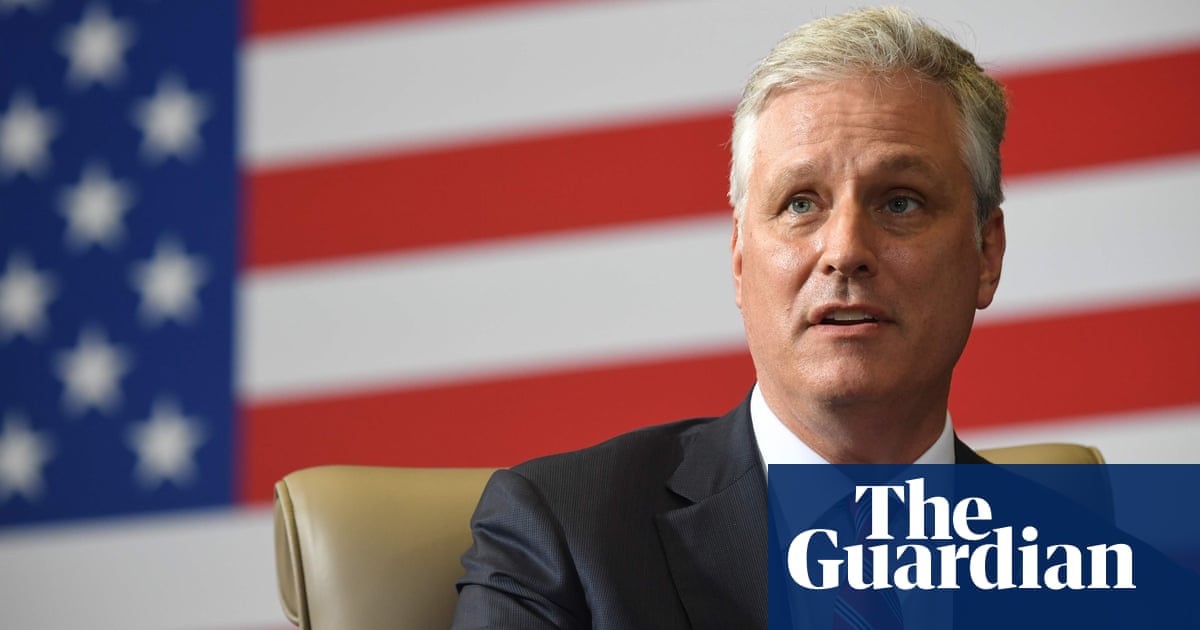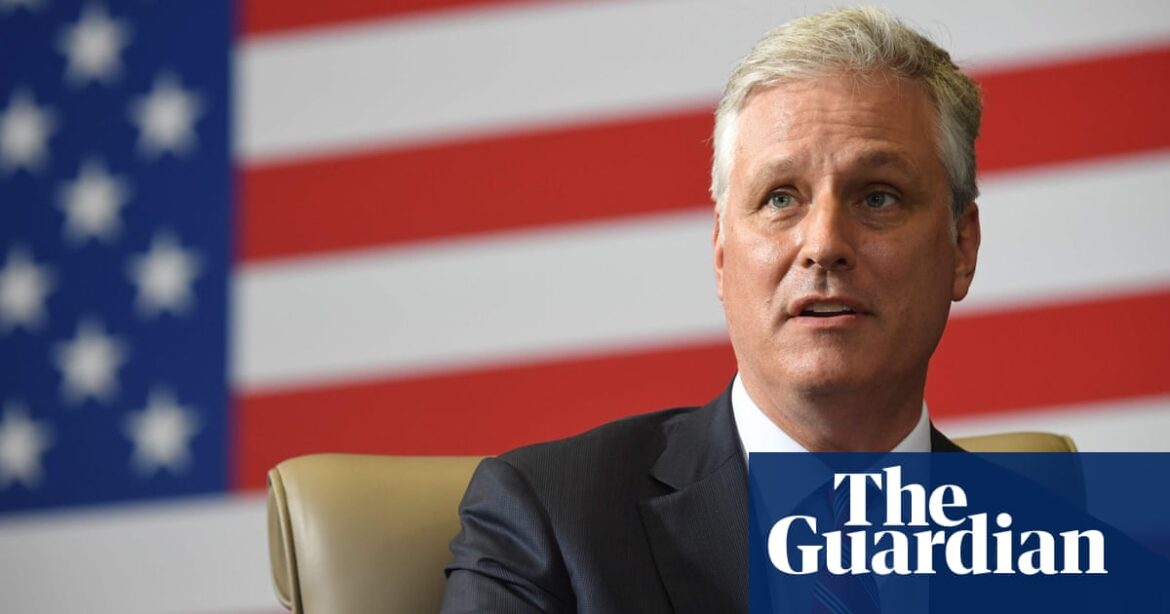
Donald Trump’s former national security adviser Robert O’Brien – tipped to play a leading role if the ex-president returns to the White House – backtracked on parts of his proposal to sever US-China economic ties, an aspect of which called for sending the entire US Marine Corps to Asia.
O’Brien, who recently submitted a 5,000-word article outlining his thinking to Foreign Affairs, explained on Sunday that instead of the “entire US Marine Corps”, it would be only the “fighting force”. And he said some Marines would still be stationed at bases like California’s Camp Pendleton and North Carolina’s Camp Lejeune.
“We want to stop a war, and the way to stop the war is through strength,” O’Brien said on Sunday’s edition of CBS Face the Nation. “Moving the Marine Corps to the Pacific and moving the carrier battle group to the Pacific would show the kind of strength needed to deter a war.”
In the essay, titled The Return of Peace Through Strength, O’Brien argued for the US to help expand the militaries of Indonesia, the Philippines and Vietnam; increase military assistance to Taiwan; and boost missile defense as well as fighter jet protection in the region.
He also called for renewed plutonium and enriched uranium production – as well as the resumption of live nuclear-weapons testing.
O’Brien cites concerns over an aging US nuclear arsenal as his primary argument in favor of abandoning the current nuclear testing moratorium.
The military expansion would go beyond the measures Joe Biden has taken to counter Chinese ambitions in the Asia-Pacific region as the president seeks re-election against Trump in November.
And on Sunday, Trump’s hawkish foreign policy adviser from 2019 to 2021 appeared to echo an earlier diplomatic strategy when Trump threatened to pull the US out of Asia and Europe unless its strategic partners met defense spending targets.
O’Brien said US allies have fielded “some, but not enough” of the cost of housing US troops in their countries, and he called on them to “step up to the plate”.
The US currently stations nearly half of all American military deployed abroad in Japan, South Korea and Guam, along with small detachments in Taiwan and the Marshall Islands.
“We need our allies to step up,” O’Brien said. “America can’t do this alone.
“Sometimes you have to be tough, you have to show tough love to your allies. And just like with family members sometimes you have to be tough with your family members.”
Source: theguardian.com



